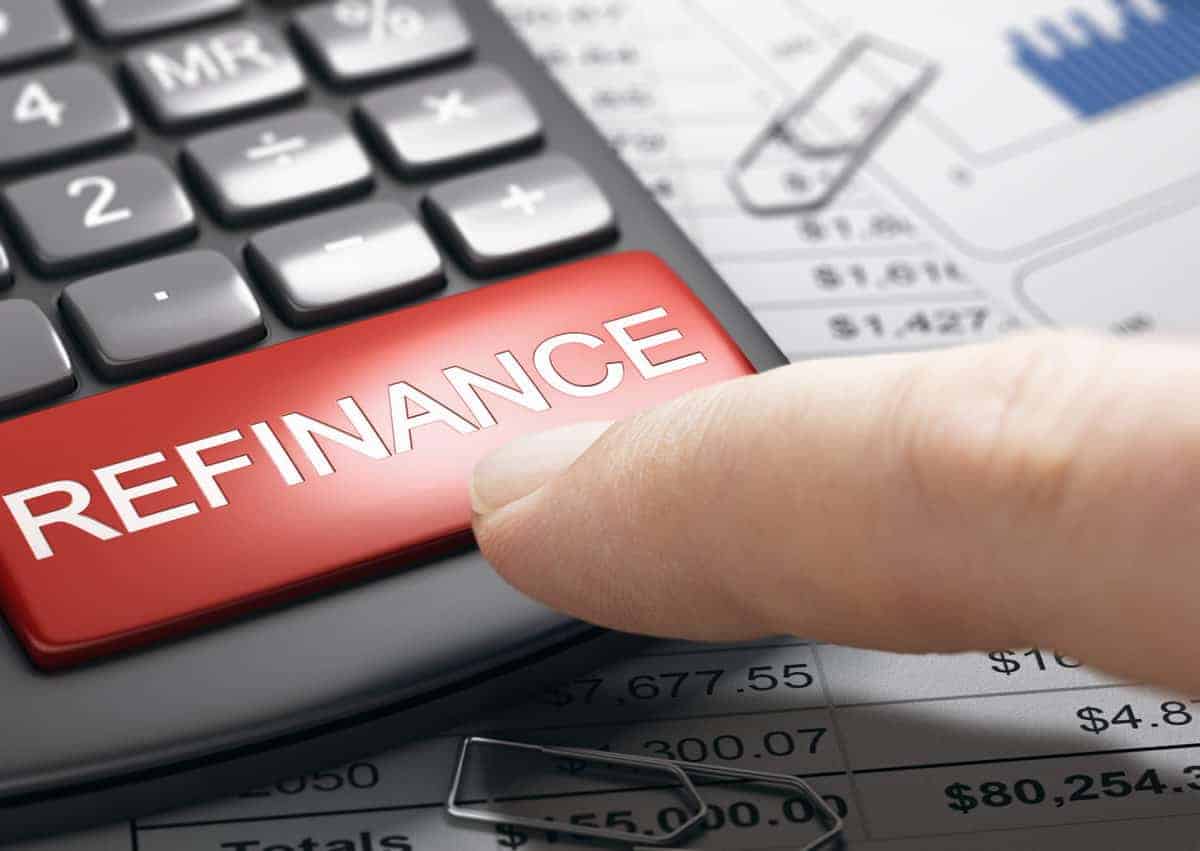If you are nearing retirement and intend to stay in your home for five years or more, consider refinancing your mortgage now and even converting some of your home’s equity into cash.
Yes, it was a well-known belief that you should pay off your mortgage before your paychecks stop. But now, during a time when mortgage rates are low and home values are high, it can be argued the reverse is true.
If you will need cash in retirement, refinancing your home might be the best way to raise it. Or if you already have enough to get through retirement, you can use cash raised by refinancing to add to your investments. Further, if you’re like most people and you don’t know if you’ll have enough money, you can buy flexibility with a lower-cost mortgage that you can pay off over the long term. That way, if you eventually need access to the money tied up in your home, you’ll already have it — while avoiding costlier or more stressful alternatives.
Reasons to refinance
- Low mortgage rates. Mortgage rates have been incredibly low, lower than we’ve seen them in quite a while. By locking in a low rate, you can save money, access home equity on the cheap, and perhaps even make some money on that money.
- Your salary makes it easier. Qualifying for a conventional mortgage without a job is much harder than when you have a salary, because it’s your income that matters most to lenders, not your savings.
- You can lower your monthly costs. If you’re simply paying off a higher-rate mortgage and not taking out cash, you could lower your monthly mortgage payments substantially by resetting with a new 30-year loan.
How to do it right
The key to this strategy is to protect any cash from your refinancing so that you can always make your payments. That means keeping the money in safe investments such as bonds.
Why not to do it
Don’t refinance if you doubt your ability to maintain payments for as long as you own your home. Don’t use cash-out refi to pay off credit cards or other unsecured debt. And don’t use money to give to your kids or take around-the-world vacations (unless you already have enough money stashed away to repay the loan). The risks are severe: Manage your cash poorly and throw in some bad luck, and you could lose your house. That’s a lot worse than missing out on a bargain mortgage.






